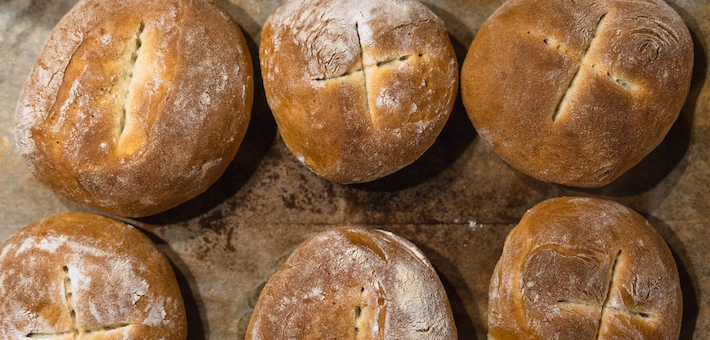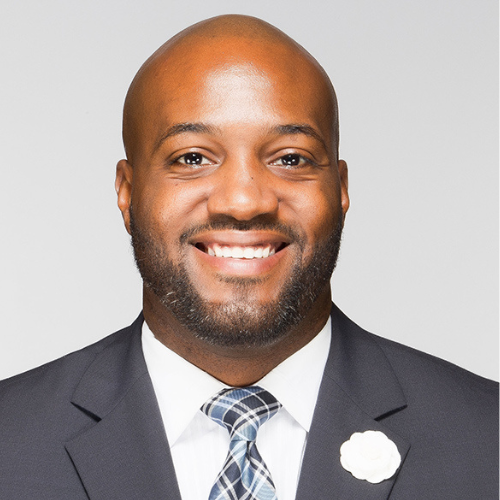Commentary on 2 Samuel 11:1-15
Growing up I remember hearing this infamous David and Bathsheba passage preached in ways that framed it as David succumbing to temptation. Bathsheba was described as either an afterthought without any agency or a temptress seducing David from across the rooftops. As it was told, our dear Goliath-slaying, warrior poet David simply could not resist the beauty of Bathsheba. Depending on the point that the preacher was trying to make, that was either Bathsheba’s fault or David’s fault. Returning to this passage now, I can’t help but notice the overwhelming control that David has in this entire situation. There doesn’t seem to be anything here that is up to chance, or that could be a result of any kind of stumbling. This is very much about David’s abuse of power and therein lies the problem.
Pay attention to the assertiveness that David exhibits in this passage. David chose to remain at home when kings were supposed to go to war. David sends everyone away. David goes to the roof with what I think is a fair assumption that he could possibly see a woman bathing at this time of day. David sent someone to inquire about this woman. David chose to have her sent to him. David took her. David laid with her. David sent for Uriah. He actively set the plot in motion to bring about Uriah’s death, effectively committing manslaughter in our modern parlance. Over and over, David is in full control of his actions, there was no stumbling, and his subsequent actions were designed to cover his tracks without a hint of remorse. This is not a story of sexual temptation, nor in my estimation is this aptly described as adultery. This is abuse of a person and of power.
The preacher must wrestle with what it means for “a man after God’s own heart” to cause this kind of pain so callously and with the clear misuse of royal privilege. And maybe it is impossible to sit with this passage without thinking ahead to Uriah’s death and Samuel’s subsequent prophetic lesson, but what might come from reflecting only on the particular parameters of this lectionary entry, the entirety of David’s plot and the clear intentions that exist for David?
Many who read this text, like David in it, have the luxury of ignoring their privileged position in the world and the ways that we commodify and objectify people. As a man and even more so as the King, David could see and treat Bathsheba as simply a sexual being to be enjoyed. One might craft a sermon that delves into the parallels of the kind patriarchal and abusive culture that belies David’s actions and the kind of abuses that happen today. More broadly, one might preach this passage as a word about recognizing privilege more broadly.
How do we become numb to the ways that we carelessly cause harm? If there is a word about temptation here, possibly it is about the temptation of abusing one’s power. Or the temptation that we have to blame those who are being abused, the Bathshebas of our world, for the evil committed by the Davids of our day?
Relatedly, this pericope preached anew might account for and work through the ways that people might have understood this passage before, and the ways that it has been used in your community’s history. Is there hermeneutical repair that would be helpful in your context?
A word about nobility?
Uriah’s nobility stands in stark contrast to the manipulative evil of David. Refusing to shirk his responsibilities, he remains loyal to his charge as a soldier even though it brings him into conflict with the King and causes him to avoid seeing his wife at home. If David’s agency in doing wrong is amplified, so too is Uriah’s decision to remain loyal, even though it puts him in a position to disobey a direct order from the King. Uriah’s ability to foil the King’s plan yet inadvertently bring about his own demise is also fertile ground for homiletical inquiry.
Is the kind of loyalty and nobility that we see demonstrated by Uriah something to be emulated?
Is there a critique to be made about Uriah’s unwavering allegiance to his country and his King?
Is what we see in Uriah even nobility, or could it be better described in a different way?
Bathsheba’s nobility is also on display in this text. First, she is affirmed by her connection to a family line (daughter of Eliam). Secondly, we are told the reason why she goes up onto the roof. Verse 4 tells us that Bathsheba was and had been purifying herself after she had her menstrual cycle. She was not on a roof to tempt the king; in fact, it is much more plausible that she was on the roof to avoid seeing anyone. Finally, when she recognizes that she is pregnant, she goes immediately to the palace.
David is presumably shocked and dismayed at the news and then immediately begins to plot Uriah’s death. But both Uriah and Bathsheba are used to magnify the villainy of David. Another sermon from this text might explore centering either of those characters and trying to imagine how they experienced this story. As mentioned earlier, the lectionary verse selection stops before Uriah is killed. It ends with word being sent to Joab to put Uriah on the front lines. This is a formative event in David’s royal career as these two mistakes, the rape of Bathsheba and the murder of Uriah, begin a downward spiral for David from which he ultimately does not recover. Ending this passage with David’s letter further places the spotlight on David’s evil in the moment and presents an opportunity for preachers to grapple with the great contradictions of King David.



July 25, 2021